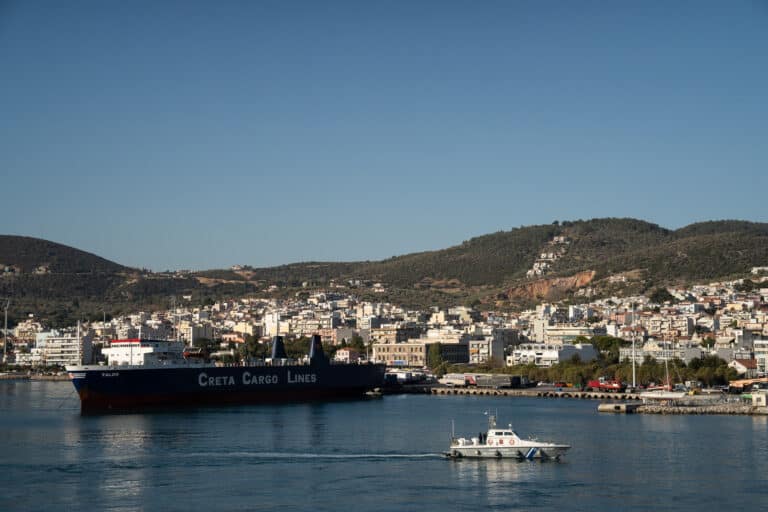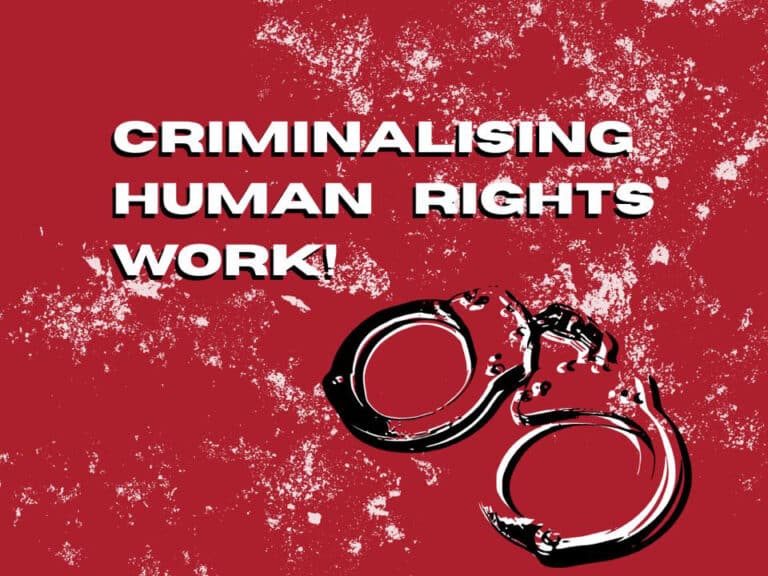Dear White Supremacist,
Please refrain from instructing Palestinians on how to engage with settlers and stop labelling Palestinians who refuse to do so as terrorists.
You started the conversation with a comment about my colleagues and me wearing hoodies, which you then repeated at the end of the conversation. Maybe we didn’t meet your stereotype of what Palestinians should like or what we should wear.
I brushed it off, but the conversation turned when you said, “I don’t trust you or your organization.” You were concerned that CPT focuses on highlighting the injustices committed by the Israeli occupation against Palestinians rather than praising the Israeli government for its positive actions towards the LGBTQ+ Arab community. We explained the Israeli government’s practice of pinkwashing, a tactic of highlighting LGBTQ+ support and inclusion as a way to distract and cover up their crimes, like the ethnic cleansing of Palestinians in Masafer Yatta and the occupation army’s mistreatment of Palestinian children.
Despite this, you insisted that Palestinians recognize settlers’ humanity and blamed us for not doing so. You conveniently forgot that settlers would also need to see the humanity in Palestinians.
As a Palestinian and a member of CPT, I believe that we cannot bring settlers and Palestinians together until Palestinian human rights are restored, put simply, we are not equal. We cannot have a fair conversation when there is unequal power, where settlers have freedom of movement while Palestinians are subjected to checkpoints and must prove our innocence. I reminded you that Palestinians have suffered for more than 70 years, sharing our stories without seeing any progress. We support Palestinian-led, nonviolent, grassroots resistance, where CPT works with an Indigenous community against systematic oppression.
Despite our explanations, you persisted in your demand that we bring settlers and Palestinians together. When we refused, you accused us of supporting violent movements like Hamas. We clarified that we support non-violent resistance through advocacy and solidarity. However, you had already made up your mind.
No one has the right to tell Palestinians what to do, especially when they are not the ones suffering. They are not the ones losing family members, waiting for their sons to be released, passing through checkpoints, or fearing soldiers entering their homes at night. They do not have to ask for permission to buy things for their homes, nor do they have to worry about their homes being demolished at any moment. To truly stand for human rights, one must stand with the Palestinians in their fight for their rights.
As we concluded our conversation, you closed your computer in a safe place while my community continues to live in danger every minute. Would you have said the same things if you were meeting with a settler organization?
I finished the meeting with anger, as the words “I don’t trust you or trust your organization” stuck in my mind. I felt humiliated and disrespected, but also empowered because I was able to speak up and point out the disrespectful way we were treated. Not only must we deal with occupation, but we also have to deal with Zionists and supremacists around the world. How much hope is left for us?
Sincerely,
Ahmad




